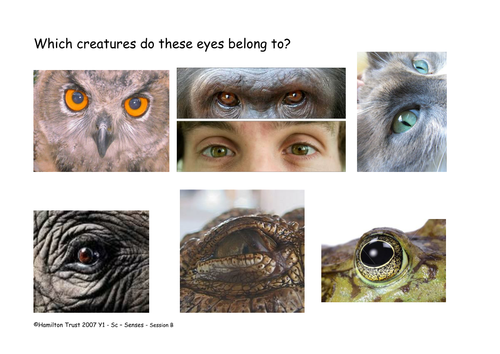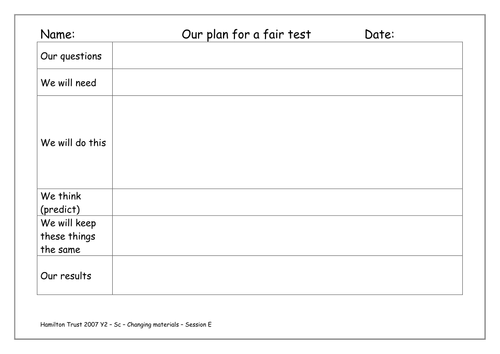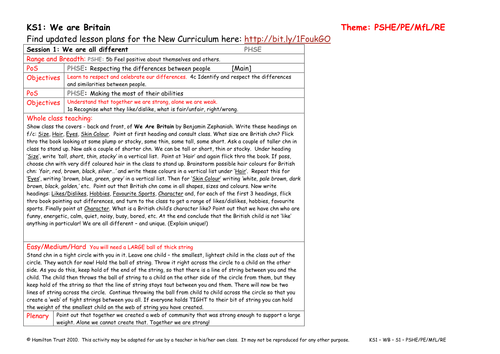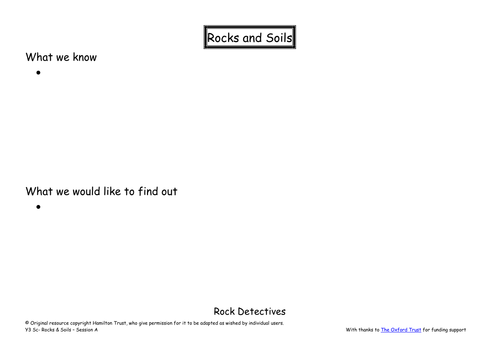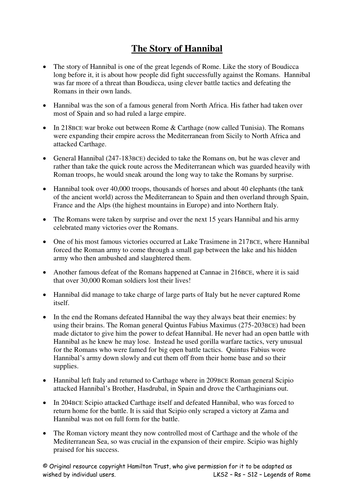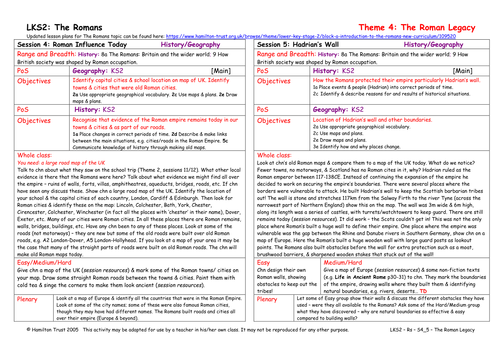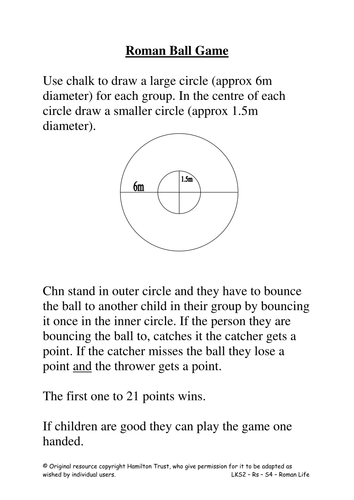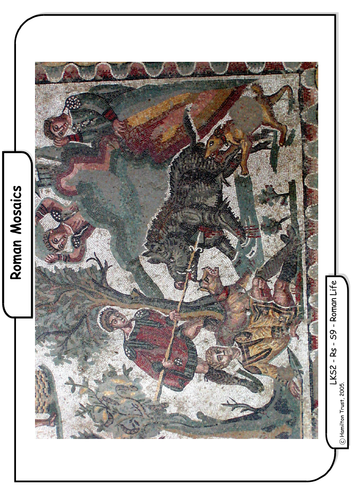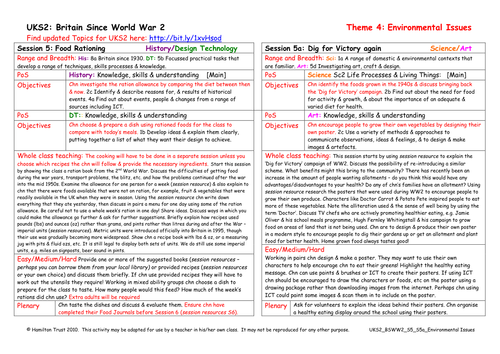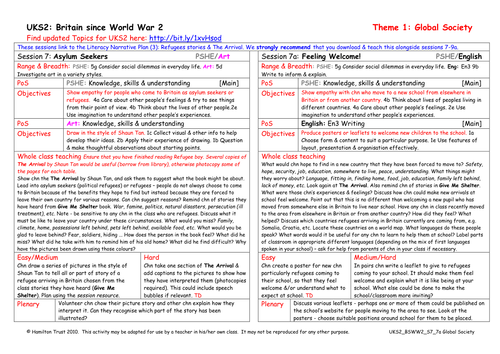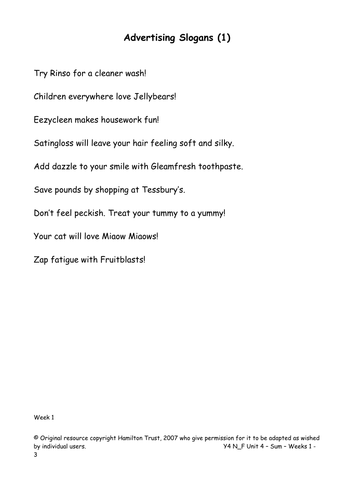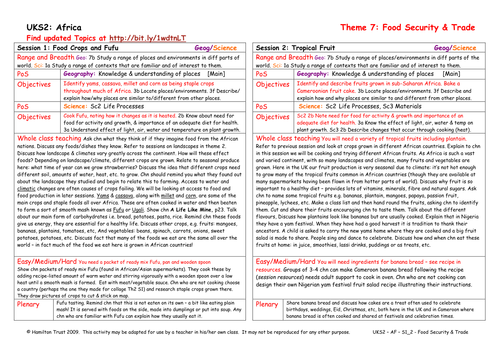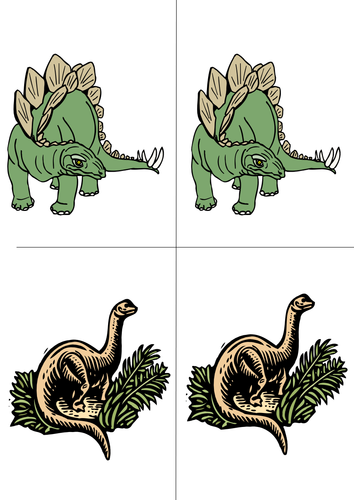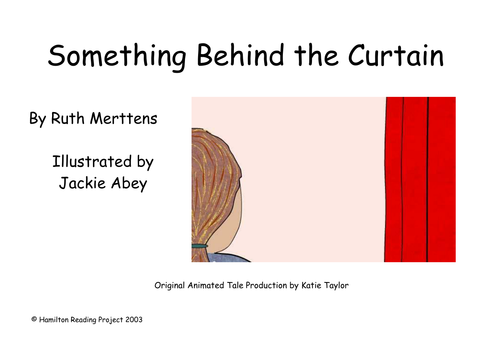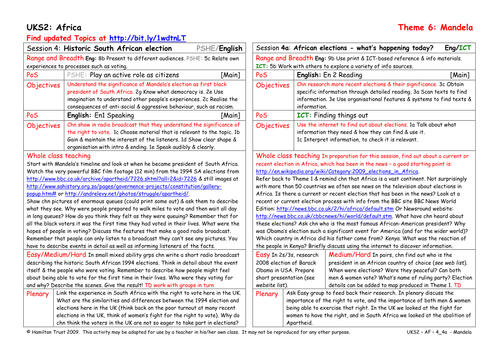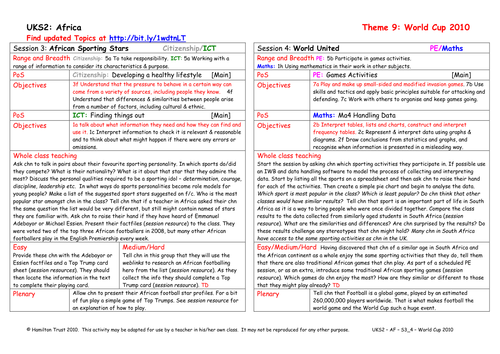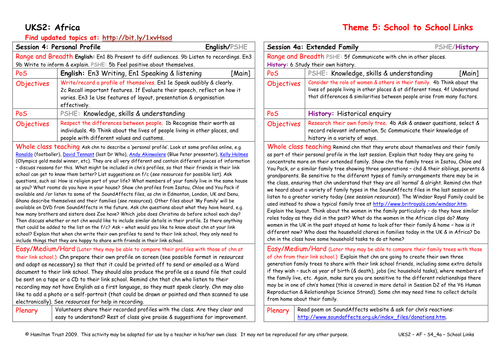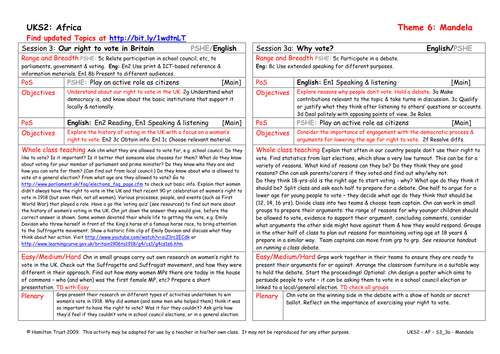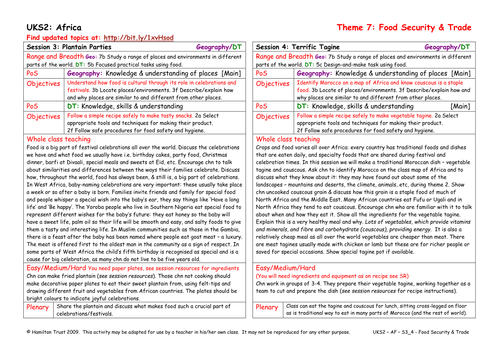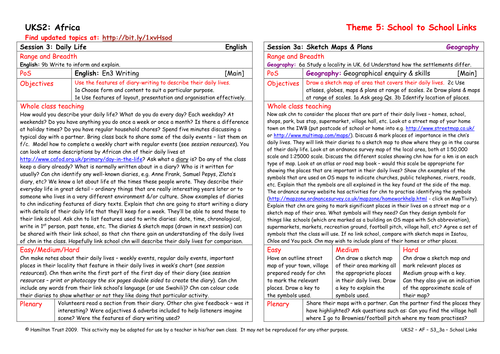
397Uploads
10042k+Views
11644k+Downloads
All resources

Explore sight
Focus on the sense of sight. Play ‘Kim’s Game’ and identify some animal eyes. Discuss sensitivity of eyes and safety. Collect and group information about eye colour and create a pictogram of the results. Draw pictures of animals that can see in the dark.
Suitable for Year 1 pupils.

Melting investigation
Practical class investigation about melting chocolate and then shaping it before allowing it to cool and harden.
Focus on planning a fair test, prediction and use of scientific vocabulary. Optional addition of rice pops to shapes!
Suitable for Year 2 pupils.

We are all different
Children explore the idea stemming from ‘We Are Britain’ that there is no one image or character a of British person. We come in all shapes and sizes, colours and creeds. A splendid activity makes the point that united we make strong communities.

Rock detectives
Revisit vocabulary about properties of materials. Explore ‘what we know’ and ‘what we would like to know’. Go for a walk to identify how materials that come from rocks are used around the school.
Suitable for Y3 pupils.

Hannibal Crossing the Alps With Elephants
The story of Hannibal’s journey across the Alps with elephants is told and discussed. Children identify the Alps and surrounding countries on map and ponder the difficulties of the terrain in relation to this event. They make a collage of Hannibal’s journey.
Suitable for years 3 and 4.

Hadrian's Wall
Children study old Roman maps and look at the walls that the Romans built to protect their empire. They study Hadrian’s wall and look at pictures. They create their own map of the boundaries of the Roman empire, drawing walls, marking rivers, coasts etc.
Suitable for years 3 and 4.

Roman Ball Games For Children
Children explore the life lived by Roman children, rich and poor. They think about schooling and also about their leisure times, comparing the life of children in Roman times with that of children in Britain today. Then they play Roman ball games.
Suitable for years 3 and 4.

Researching Roman mosaics
Children research the internet and non-fiction texts and look for information about Roman mosaics. They talk about the images that Romans used in creating these, and then use a software package to create their own mosaics. Some chn do further research.
Suitable for years 3 and 4.

Food Rationing
During the 1940 and 50s food was rationed. Discuss the ration allowance then and compare it with what you eat now. In groups and using suggested books or resource examples children will choose and cook a ration recipe for everyone to taste. Was our diet better then?

Feeling Welcome
New arrivals in Britain should be made to feel welcome. Think about children moving to a new school from another part of Britain or from another country. Children create posters or write leaflets to welcome newcomers to their school.

Yr 4 NF Unit 4 Persuasive texts: Media
Children investigate persuasive writing devices in a variety of magazine and newspaper adverts and cinema and TV adverts. They produce an individual poster, work in groups to write a TV or radio advert and then create a trailer for a children’s DVD.

Tropical Fruit
In this session, we identify and describe fruits grown in sub-Saharan Africa. The need for fruit as part of a healthy diet is discussed and children taste some tropical fruits. Children follow a recipe to make Cameroon banana bread.

Reception Non-fiction (Dinosaurs): Information texts (weeks 1-2)
Use a 'dinosaur egg' to stimulate discussion about eggs and dinosaurs. Have fun with a range of activities, count and sound out words (Harry and the Bucketful of Dinosaurs by Ian Whybrow and Adrian Reynolds, How do Dinosaurs Get Well Soon by Jane Yolen and Mark Teague), pelmanism, Top Trumps and Dinosaur Dash. Make various dinosaur-related objects, 'steal' dino eggs and draw and label dinosaurs.

Reception Non-fiction (Families): Names, captions and notices (weeks 1-2)
Discuss families and the various roles within them, read the following stories My Mum, My Dad, Me and You, all of which are by Anthony Browne and Don’t Let the Pigeon Drive the Bus and Don’t Let the Pigeon Stay Up Late by Mo Willems. Children write a book about someone who cares for them using similes and also notices for family members. They learn their address too. Activities include paper people, house plans, family portraits and names.

African Elections
Africa is a large continent with over 50 countries – usually there is an election going on somewhere! Children research a current/recent election in Africa and/or the election of Barack Obama as President of USA. Discuss the significance of Obama’s election.
Suitable for years 5 and 6.

African Sporting Stars
Who is your sporting hero? Children consider who their sporting heroes are, what makes them great and introduces the idea of sportspeople as role models. Children then investigate some African football idols for a game of top trumps.

Personal Profile
Use celebrity profiles to decide what children might include in their personal profile to introduce themselves to their link school friends. Listen to Ghanaian children describing themselves and their families. Prepare own profiles on screen or as recordings.

Our right to vote in Britain
Examine voting in the UK, recent elections, and why we vote. Children use a quiz to explore the history of voting in the UK and focus on women’s right to vote, and then do further research. Watch film footage of Emily Davison.
Suitable for years 5 and 6.

Plantain Parties
Children discuss how all cultures have celebrations and festivals – special days in which special foods are eaten and shared. In parts of West Africa a child’s 5th birthday is special as many do not live to be five. Children make fried plantain and decorate plates.

Sketch Maps and Plans
Sketch maps of the local area and plans of homes and other places will help their link school friends understand the children’s daily lives as described in their diaries. Look at OS maps and street plans. Children use symbols and a key to clarify their maps and plans.
Suitable for years 5 and 6.

